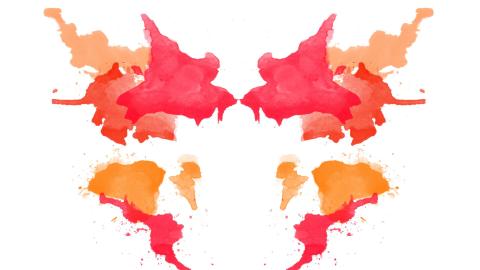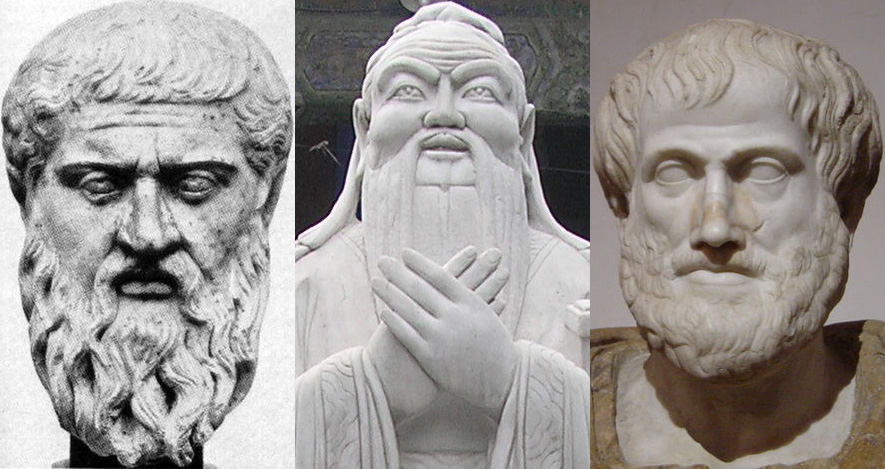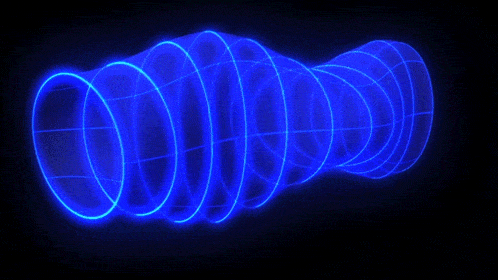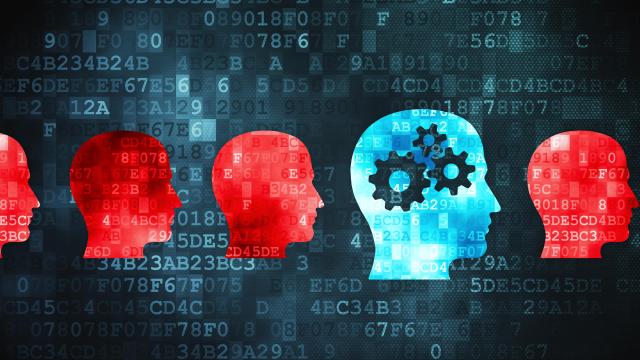Psychiatry’s Fundamental Flaws

What’s the Latest Development?
Later this month, the American Psychiatric Association will release its updated diagnosis manual for only the fifth time, detailing which behaviors are sufficient to diagnose someone with a mental disorder. Perhaps now more than ever before, the manual is expected to receive criticism for its loose definitions, such as “Internet Use Disorder” and the removal of the bereavement clause, which officially distinguished between the normal period of grief following the loss of a loved one and full-blown clinical depression. Even the editor-in-chief of the fourth edition has come out against this soon to be released edition.
What’s the Big Idea?
There is a fundamental rift between the medical profession and psychiatry. While the field of medicine can easily point to biological causes of disease—imagine tuberculosis—psychiatrists cannot. As a result, says Gary Greenberg, himself a psychotherapist, psychiatry invented the term “disorder”. The problem, according to Greenberg, is that disorders are nearly impossible to define with any precision. “It’s not that there are no biological correlates to any mental suffering—of course there are,” he said. “But the specificity and sensitivity that we require to distinguish pneumonia from lung cancer, even that kind of distinction, it just doesn’t exist.”
Photo credit: Shuttestock.com





